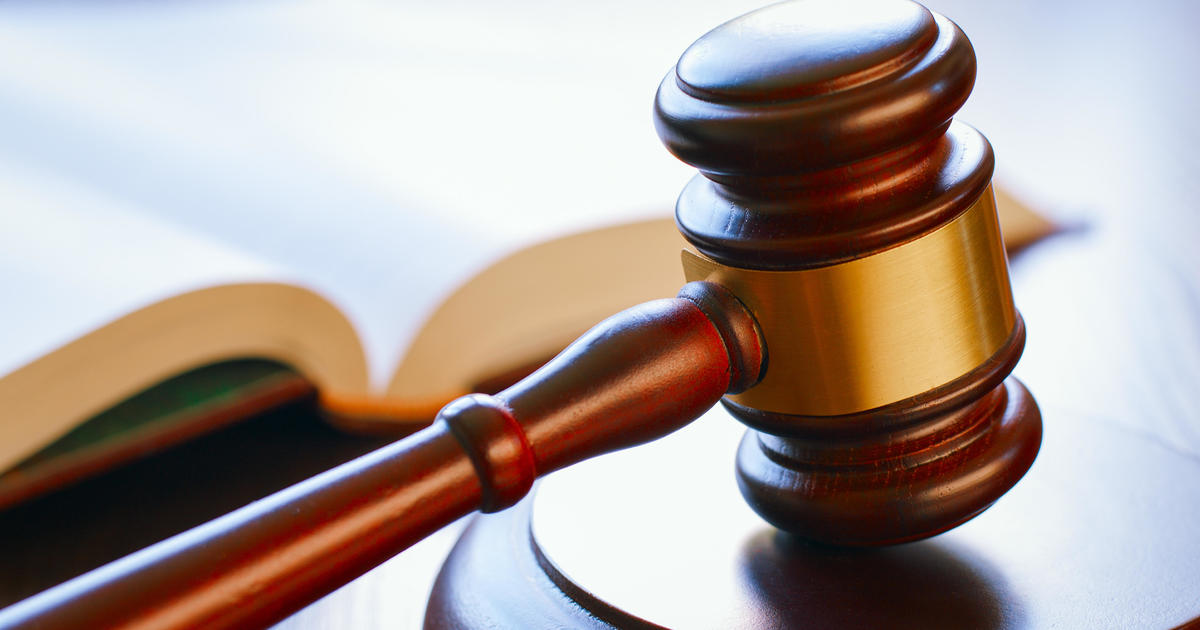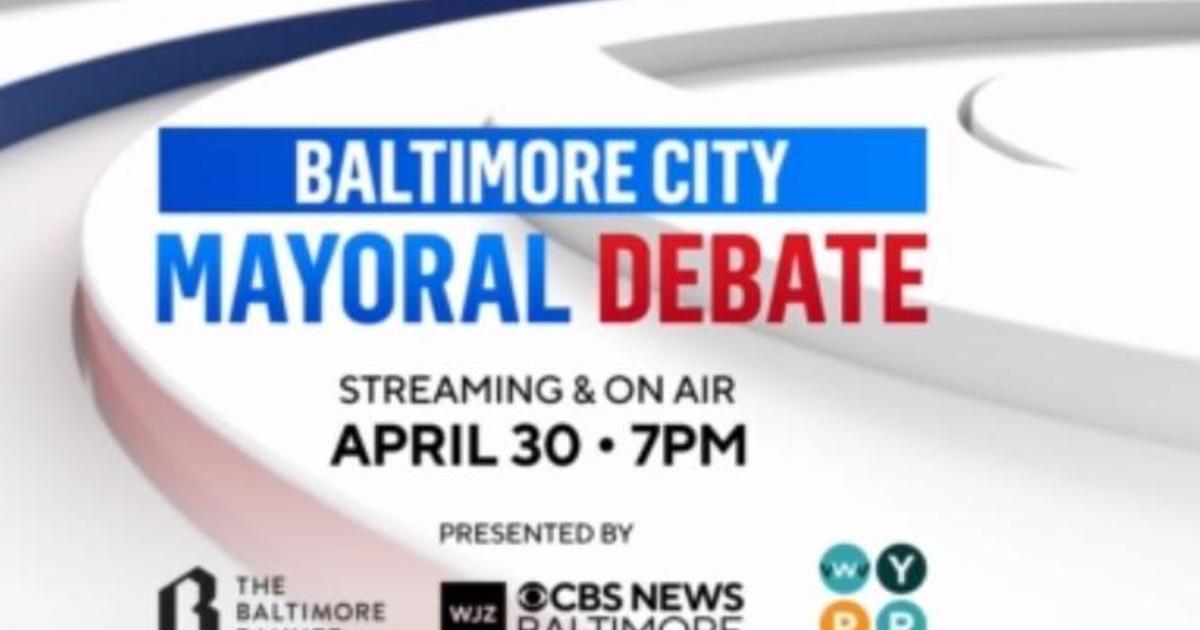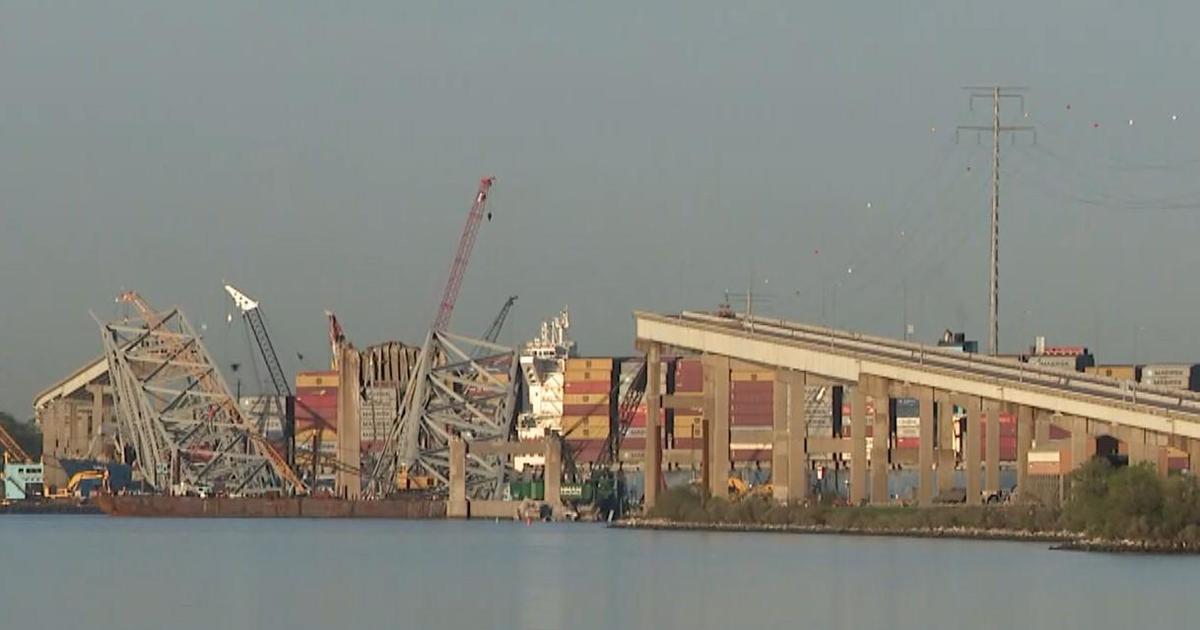Ex-Spy Agency Official Strikes Plea Bargain
BALTIMORE (AP/WJZ) --A federal judge in Baltimore City dismissed charges against a former official with the NSA.
Jessica Kartalija reports Thomas Drake faced felony charges under the government's Espionage Act.
A former official with the National Security Agency who faced felony counts of mishandling classified documents pleaded guilty Friday to a misdemeanor in a deal with prosecutors.
The deal avoided a trial that could have created political problems for the Obama administration and sent the official to prison for the rest of his life.
Drake's plea pleased civil liberties advocates who are generally sympathetic to Obama, but is a setback for the
administration's effort to crack down on leakers. The administration is pursuing charges against four other accused
government leakers under the Act, regarded by some lawyers as vague and overbroad.
Drake, 54, pleaded guilty in U.S. District Court to the unauthorized use of a government computer. In return,
prosecutors said they would ask the judge to drop a 10-count felony indictment under the Espionage Act at Drake's sentencing July 15.
The lesser charge carries a penalty of up to a year in prison and a $100,000 fine. But the Government Accountability Project, a whistleblower advocacy group, said it expects the prosecution to recommend Drake spend no time in prison nor pay a fine.
As U.S. District Judge Richard Bennett pronounced Drake guilty, the Air Force veteran stood with a slight stoop, his fists
unconsciously clenching and unclenching. He waved off questions Friday morning as he walked out of the courthouse carrying a book about the NSA titled "The Shadow Factory."
His defense counsel, Debbie Boardman and Jim Wyda, declined to speak publicly about the case but issued a statement.
"This is a just result," they wrote. "Tom Drake never should have been charged under the Espionage Act. Tom never intended to harm his country. And he didn't. We are grateful that Tom and his family can start to put this frightening chapter behind them."
The government had originally charged Drake with keeping five classified documents in his home, as well as lying to FBI agents and obstruction of justice by destroying documents. If convicted on all counts, he could have been sentenced to 35 years in federal prison.
The government claimed in its indictment that he had secretly passed information from the documents to an unnamed reporter for a national newspaper.
Court documents identified the reporter as Siobhan Gorman, who published a series of articles detailing management malpractice and dubious legal activities by the NSA in The Baltimore Sun in 2006 and 2007.
Both The Sun and Gorman declined to discuss the case.
The government never disclosed the contents of the highly-classified documents they accused Drake of leaking. But they
are thought to be related to the NSA's internal debate over TrailBlazer, an ill-fated project launched in 2002 to overhaul the agency's vast computer systems that capture and screen information flooding into the agency's computers from around the world.
Drake and a small group of internal critics regarded Trailblazer as a billion-dollar boondoggle that benefitted defense contractors, and lost a struggle to get the NSA to adopt an internally-designed system called ThinThread at a fraction of the cost. Some of those critics claim that ThinThread might have alerted the U.S. to the 9/11 plot.
Drake and others were also critical of the NSA's post-9/11 warrantless wiretaps.
As a presidential candidate, Barack Obama called for a more open government and lauded federal workers who reported wrongdoing. But with the disclosure of hundreds of thousands of sensitive military and diplomatic documents by the anti-secrecy website WikiLeaks last year, President Obama appeared determined to halt the exposure of national security secrets.
Obama's administration has pursued cases against five government leakers under espionage statutes, more than any of his recent predecessors. But he has come under heavy criticism for the crackdown from groups that advocate for civil liberties, whistleblowers and transparency.
Jessalyn Radack of the Government Accountability Project, who aided Drake's defense team, said it was her understanding that an Obama administration official had asked prosecutors to seek a deal last week. But she said Drake balked at pleading to leaking classified information, even under a reduced charge.
"I think he felt it was bizarre to essentially make a false statement to get out of a charge of having made a false statement
to the government," she said, referring to charges he had lied to the FBI.
Radack heads the nation's leading whistleblower organization.
"I think it's a huge victory to the First Amendment, a huge victory for whistleblowers and a huge victory for public servants who are trying to help their government, not harm it," Radack said.
She says Drake only disclosed information to the media after he discovered the NSA was wasting billions of taxpayer dollars to illegally spy on Americans.
"This is a case that shouldn't have been brought in the first place," Radack said. "It was built largely on sand and crumbled underneath the truth. The Espionage Act was completely the wrong law."
In a CBS "60 Minutes" interview with Scott Pelley, Drake said he never leaked classified information.
"Not once ever," Drake said. "That was one of the fundamental rules."
The plea deal comes after a judge in the case ruled classified information could be used as evidence. Prosecutors said this could harm national security.
The NSA employs an army of linguists, cryptologists and computer experts to snoop on electronic communications across the globe from its headquarters at Fort Meade, south of Baltimore. The need for secrecy is drilled into NSA employees, who sometimes joke the initials stand for "Never Say Anything," and "No Such Agency."
James Bamford, the author of "The Shadow Factory" and two books on the NSA, says it is the country's largest, costliest and most secretive spying organization.
"And it's arguably the most influential," he said.
He sat in on the hearing and said he was due to testify as an expert witness in the trial. He said that as far as he knew, Drake was the first NSA official ever accused of leaking material to the press.
While Bamford did not want to discuss the Drake prosecution in detail, he called it "a very important case" because it set the precedent for four similar Espionage Act trials to follow.
(Copyright 2011 by The Associated Press. All Rights Reserved.)



